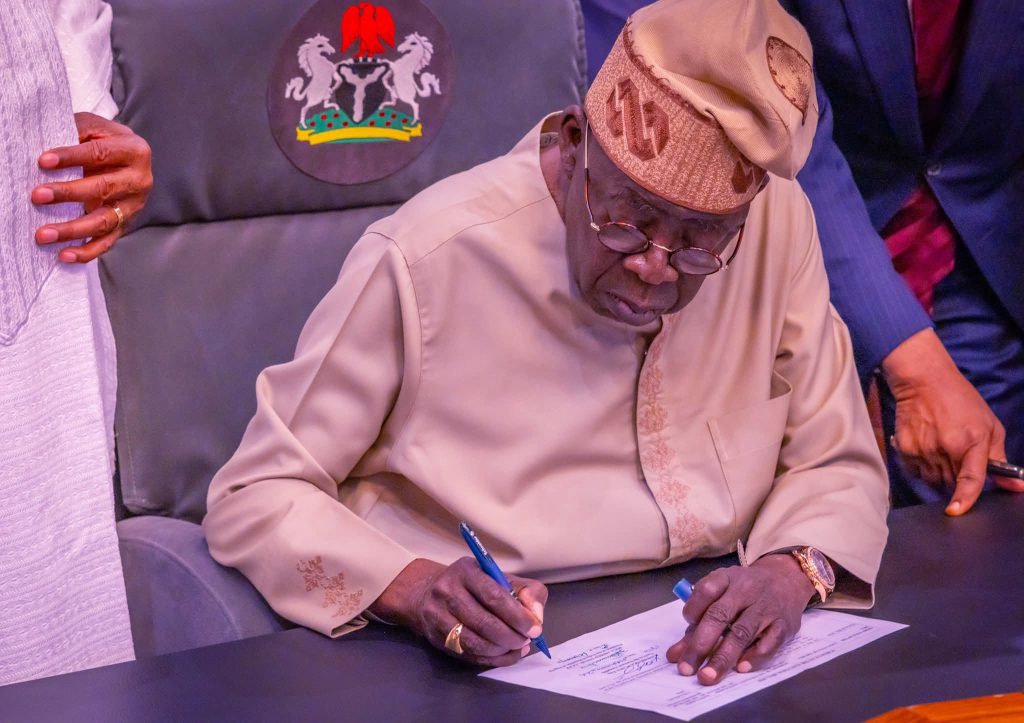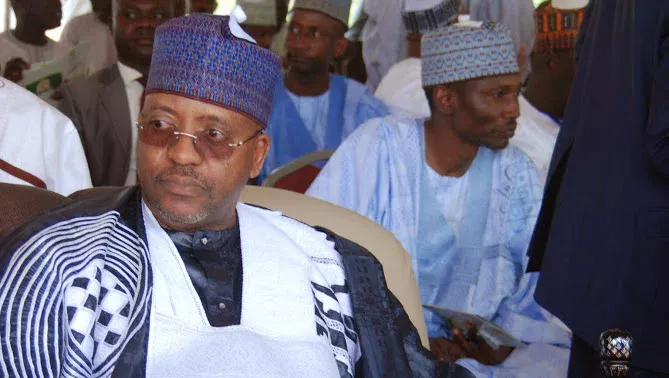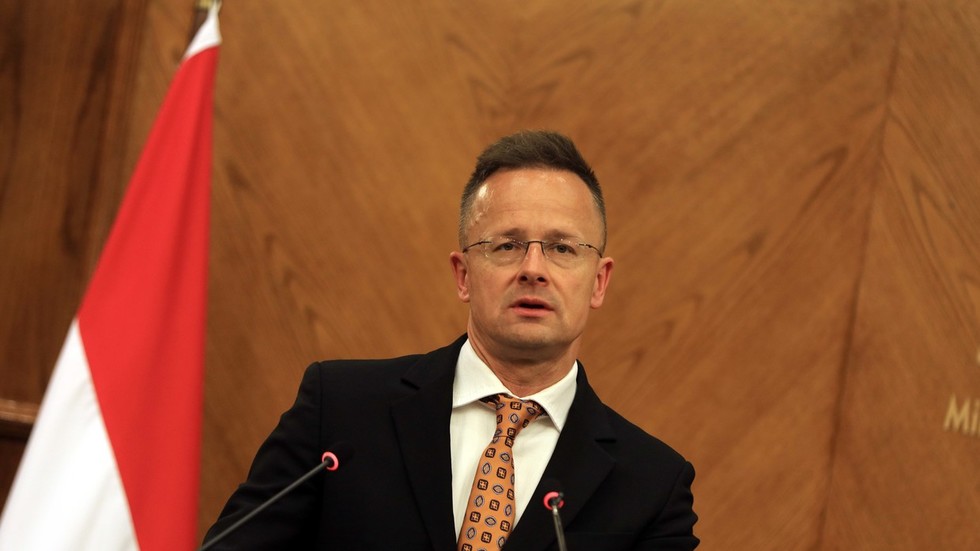Tens of thousands gathered in Tel Aviv’s Rabin Square to commemorate the 30th anniversary of the assassination of former Israeli Prime Minister Yitzhak Rabin. Estimates suggest that around 150,000 people attended the tribute, which took place late on Saturday.
Former Chief of General Staff Gadi Eisenkot addressed the crowd, stating that leaders once took responsibility for their actions, implying that this sense of accountability is lacking in Israel’s current leadership. His comments were met with applause from the attendees. Eisenkot’s statement can be seen as a reference to criticism directed at Prime Minister Benjamin Netanyahu, who has denied any responsibility for the October 7, 2023, massacre led by the Palestinian militant organization Hamas.
Rabin was shot dead on November 4, 1995, by a Jewish extremist after a peace rally, where he had been advocating for concessions to the Palestinians. The assassination was preceded by a campaign of incitement by right-wing Israeli extremists against the prime minister. The organizers of the commemoration described the events leading up to Rabin’s death, highlighting the “unrestrained smear campaign” and the “despicable assassin” who murdered the prime minister, thereby damaging the peace process.
Opposition leader Yair Lapid also spoke at the commemoration, emphasizing that the assassination was not only an attack on a leader but also an attempt to undermine the idea of peace. The Oslo peace process, agreed upon in 1993, was already facing challenges before Rabin’s death, but his assassination marked a significant turning point that severely damaged the process. The two-state solution, which Rabin had been seeking, is now considered difficult to achieve and has been rejected by Netanyahu.
Eisenkot stated that Rabin’s assassination was a direct result of polarization and incitement. Netanyahu has faced accusations of contributing to the political climate that made the attack more likely. For instance, he spoke at a demonstration in Jerusalem a month before the assassination, where protesters displayed posters depicting Rabin in a Nazi uniform. Additionally, the current far-right National Security Minister, Itamar Ben-Gvir, had shown an emblem broken off the prime minister’s official limousine in a TV interview before the assassination and threatened, “We can reach Rabin.”
The commemoration served as a reminder of the significance of Rabin’s legacy and the ongoing quest for peace in the region. The event also highlighted the need for responsible leadership and the dangers of incitement and polarization. As Israel continues to navigate its complex political landscape, the anniversary of Rabin’s assassination serves as a poignant reminder of the importance of promoting peace and stability in the region.



